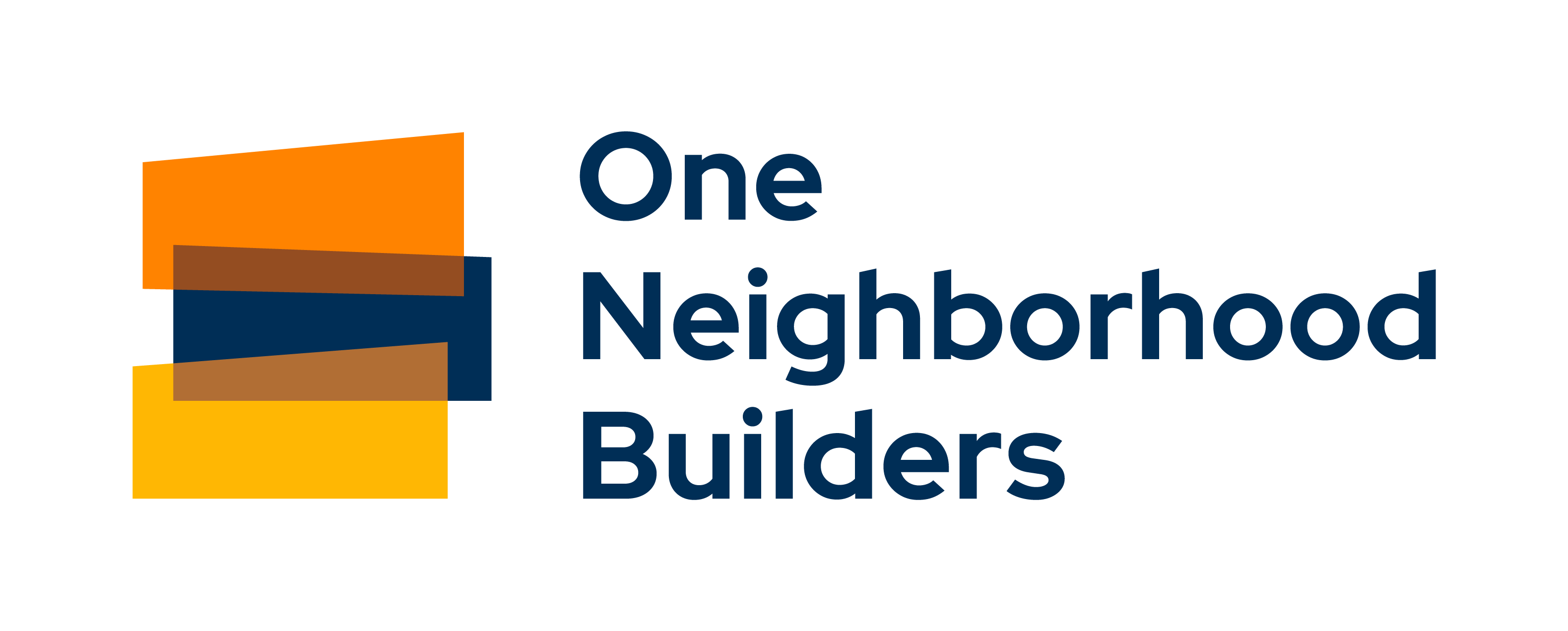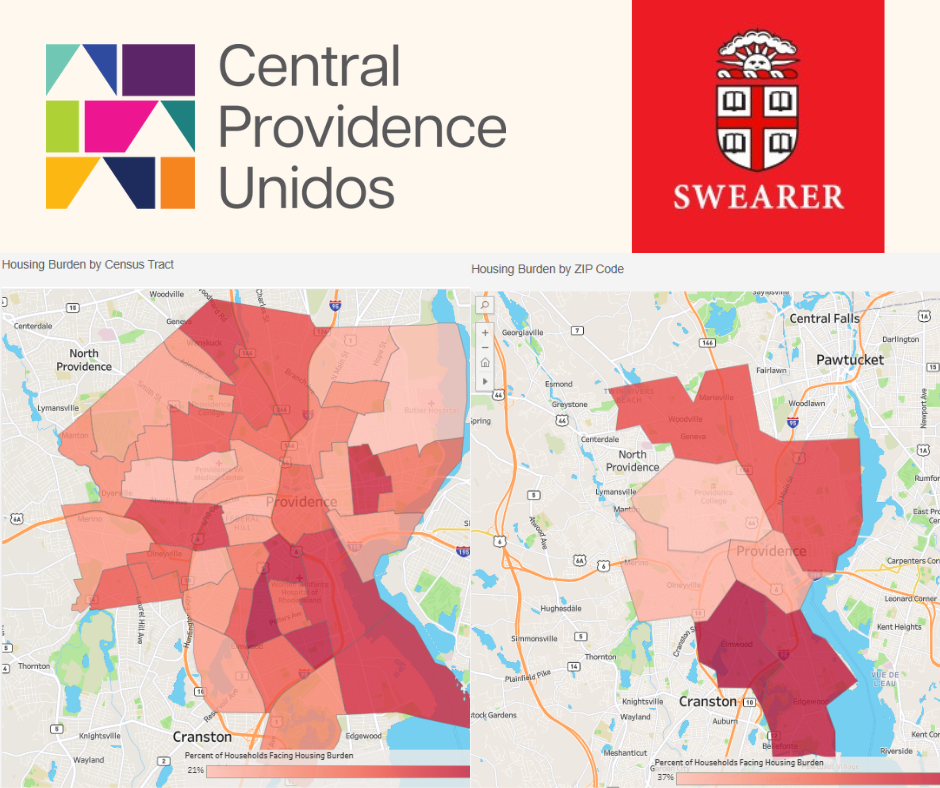Published by Jessica Pontarelli Evans, August 5, 2025
In Central Providence, community change isn’t just a vision—it’s being measured, mapped and mobilized.
When Isaac Rubinstein joined One Neighborhood Builders (ONB) in late 2023 to support evaluation and strategy, he knew the organization had a clear goal: to advance equity and health outcomes in Central Providence by putting reliable, actionable data into the hands of the people closest to the issues.
That meant building more than a spreadsheet. It meant creating tools, infrastructure and knowledge that community members and local organizers could use to drive policy, secure funding and advocate for change.
As the lead organization behind the newly rebranded initiative Central Providence Unidos (formerly Central Providence Opportunities Health Equity Zone), ONB had begun revising the Central Providence roadmap — a strategic guide for improving health and economic equity in the nine neighborhoods making up Central Providence. However, much of the available data was outdated, difficult to access or disconnected from residents’ lived experiences.
“Before, we were relying on inconsistent data sources,” said Rubinstein. “Now we’re using primary data — like Census estimates — to back up our work, thanks in part to new tools and relationships.”
[…]
The work is already being used to guide policy recommendations developed by five community-led working groups. It’s also laid the groundwork for deeper partnerships between ONB and CEDEC, like a recent analysis of Providence property tax data that’s beginning to shed light on who owns housing in the city and city assessment practices, and what that means for long-term affordability. Pivotal in this work was the cleaning and exploratory analysis of 20 years’ worth of tax rolls done by Swearer Center hourly worker Maryam Khademi ‘26, a Business Economics concentrator and Data Fluency Certificate student. Her time with the Swearer Center has contributed to the foundational knowledge for many more community-engaged projects using these data.
Perhaps most importantly, the approach centers community knowledge and organizing. ONB recently applied for funding to support resident- and organizer-led data collection, aiming to pair institutional data with real-time insights from renters and housing advocates.
“That’s how we get the full picture,” Isaac said. “Not just what the data says — but what people are living.”
As ONB continues to build out its data infrastructure, Rubinstein is hopeful that more long-term investment and support will follow, not just from universities or funders, but from systems that recognize the value of community-led evidence and strategy.
“This is about building power. Data is just the tool.”


